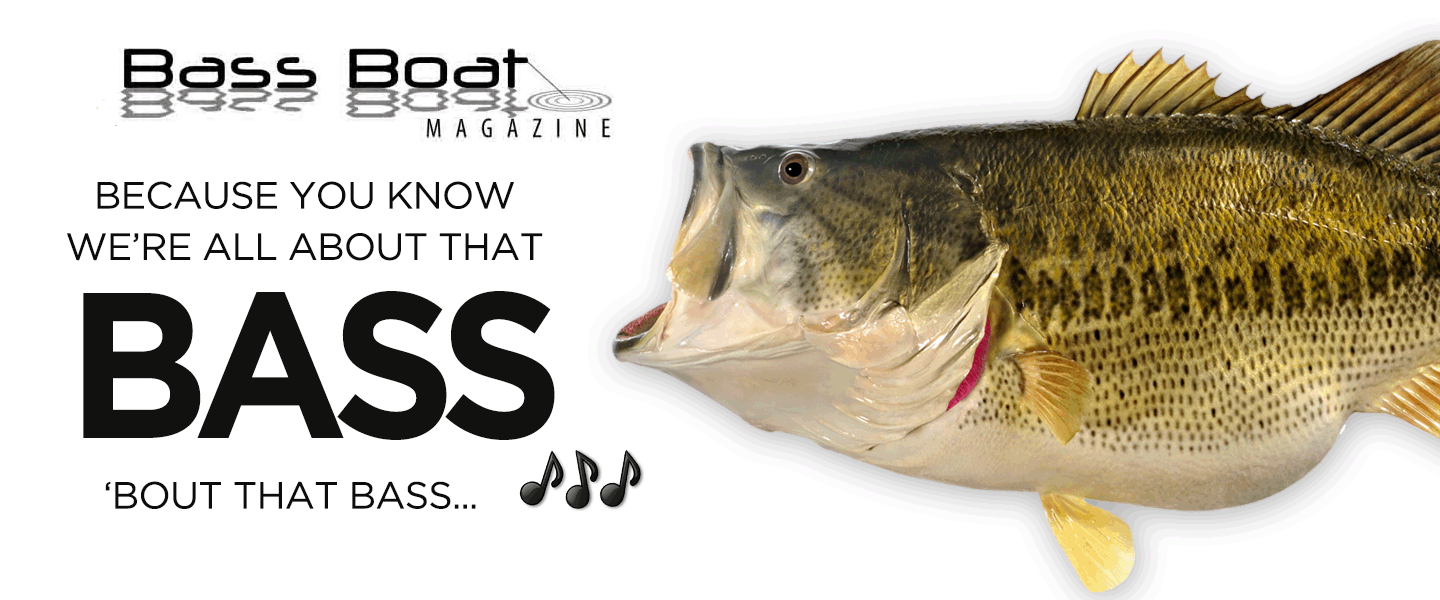Game and Fish comments on lead ban proposal regarding fishing tackle
The Arizona Game and Fish Department submitted written comments to the U.S. Environmental Protection Agency (EPA) regarding a petition filed with EPA to ban lead ammunition and fishing tackle under the Toxic Substances Control Act.
That petition was filed on Aug. 3 by the American Bird Conservancy, Center for Biological Diversity, and others.
The EPA on Aug. 27 denied the portion of the petition seeking a ban on lead ammunition. Therefore, Game and Fish’s comments only addressed the active portion of the petition pertaining to lead fishing tackle. If the issue of lead in ammunition emerges again in the future, the Department will respond to that as well.
The Department requests that EPA reject the petition to ban lead in fishing tackle at this time. Biologically, there is currently no scientific evidence that lead fishing tackle poses a significant risk to Arizona’s wildlife populations. A nationwide regulatory ban on lead fishing tackle at this time, combined with the increased cost and lack of availability of alternative tackle, could reduce angler participation rates. Anglers contribute greatly to fishery conservation through their license fees, time, and concern for the resource.
In 2006, 422,000 anglers fished 4.2 million days in Arizona with a total economic impact of $1.3 billion. Ill-informed or unfounded regulatory actions that discourage anglers from participating would be counterproductive for maintaining healthy fisheries in Arizona.
The Arizona Game and Fish Department believes that state or local-level approaches, where and when there is scientific evidence to support them, make the most sense to address lead-wildlife concerns. Science, not sweeping regulatory change, is the foundation for the conservation and management of healthy wildlife populations. The department has seen success in voluntary, cooperative programs, such as the voluntary lead ammunition reduction program to assist California condors in northern Arizona; and recommends to EPA that information programs, voluntary lead alternative programs, and surgically targeted responses when and where real challenges exist are a better foundation for public wildlife resource management policy.
The department has been involved in lead and wildlife issues since the 1980s and continues to be actively engaged with the issue through the Association of Fish and Wildlife Agencies and the Western Association of Fish and Wildlife Agencies.
The Arizona Game and Fish Department submitted written comments to the U.S. Environmental Protection Agency (EPA) regarding a petition filed with EPA to ban lead ammunition and fishing tackle under the Toxic Substances Control Act.
That petition was filed on Aug. 3 by the American Bird Conservancy, Center for Biological Diversity, and others.
The EPA on Aug. 27 denied the portion of the petition seeking a ban on lead ammunition. Therefore, Game and Fish’s comments only addressed the active portion of the petition pertaining to lead fishing tackle. If the issue of lead in ammunition emerges again in the future, the Department will respond to that as well.
The Department requests that EPA reject the petition to ban lead in fishing tackle at this time. Biologically, there is currently no scientific evidence that lead fishing tackle poses a significant risk to Arizona’s wildlife populations. A nationwide regulatory ban on lead fishing tackle at this time, combined with the increased cost and lack of availability of alternative tackle, could reduce angler participation rates. Anglers contribute greatly to fishery conservation through their license fees, time, and concern for the resource.
In 2006, 422,000 anglers fished 4.2 million days in Arizona with a total economic impact of $1.3 billion. Ill-informed or unfounded regulatory actions that discourage anglers from participating would be counterproductive for maintaining healthy fisheries in Arizona.
The Arizona Game and Fish Department believes that state or local-level approaches, where and when there is scientific evidence to support them, make the most sense to address lead-wildlife concerns. Science, not sweeping regulatory change, is the foundation for the conservation and management of healthy wildlife populations. The department has seen success in voluntary, cooperative programs, such as the voluntary lead ammunition reduction program to assist California condors in northern Arizona; and recommends to EPA that information programs, voluntary lead alternative programs, and surgically targeted responses when and where real challenges exist are a better foundation for public wildlife resource management policy.
The department has been involved in lead and wildlife issues since the 1980s and continues to be actively engaged with the issue through the Association of Fish and Wildlife Agencies and the Western Association of Fish and Wildlife Agencies.

